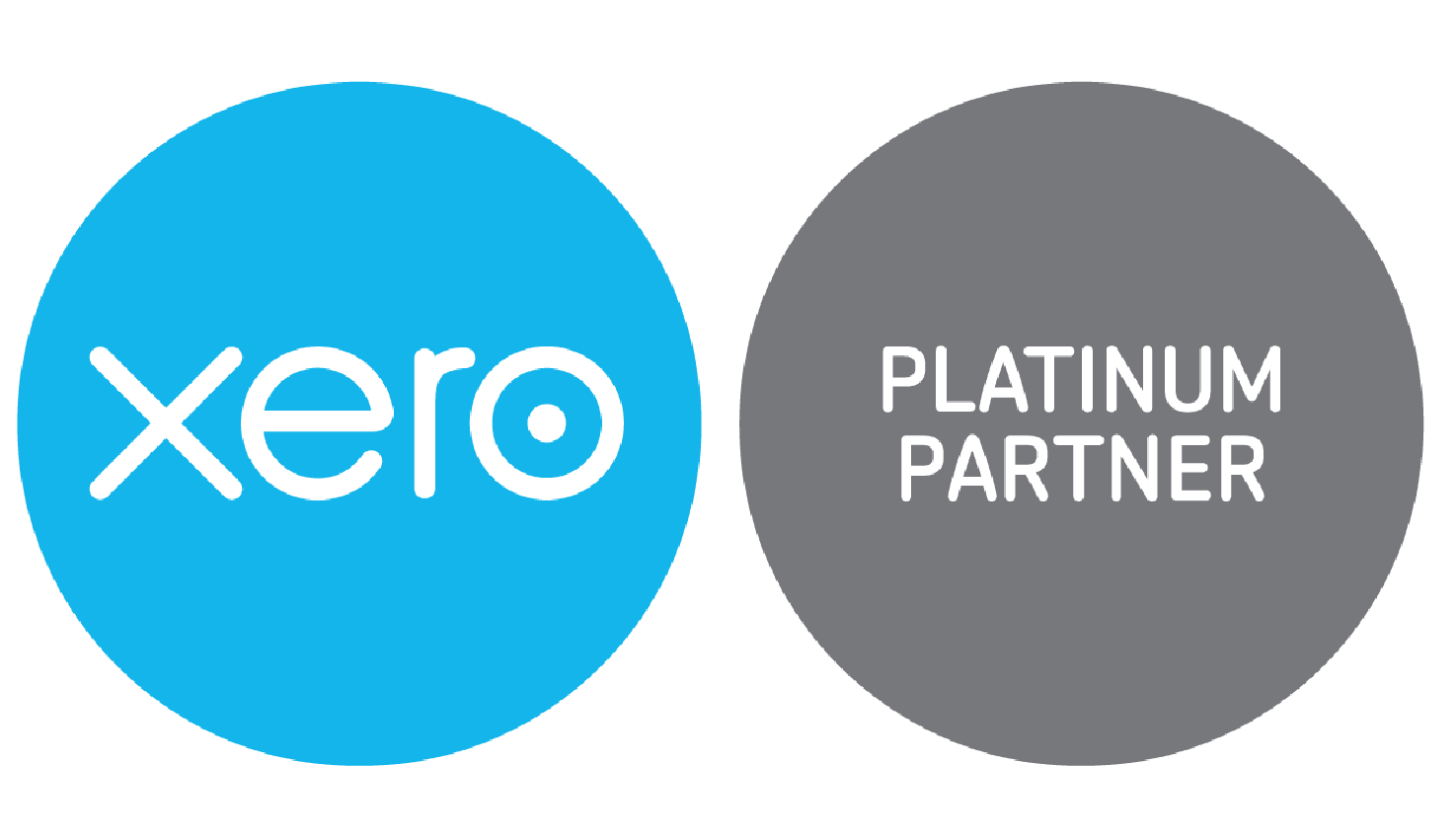Hartmann-Cox Blog

Back in 2023, the Australian Government announced that from 1 July 2026, employers will be required to pay their employees’ super at the same time as their salary and wages. ‘Payday super’ will move payment of super from the quarterly cycle that businesses are used to, and switch it to a process where employees’ super will be paid within seven days of their usual payment cycle – whether weekly, fortnightly or monthly. But why the change? And what are the potential effects of moving to payday super? Impact of payday super for your employees From 1 July 2026, as an employer, you’ll be required to pay your employees’ super at the same time as their salary and wages. This change will make it easier for employees to keep track of the super and will boost their overall super fund at retirement. It will also remove the problem of casual workers habitually missing out on quarterly super payments under the current system. By switching to payday super, a 25-year-old median income earner currently receiving their super quarterly and wages fortnightly could be around $6,000 or 1.5 per cent better off at retirement. Impact of payday super for your business The proposed payday super legislation is not yet law, and a consultation was held to gather feedback from Australian business owners. This consultation closed in April 2025. Moving to a super system where employer’s contributions are made in line with the employees regular payment cycle may not seem like a huge shift. But moving away from the current quarterly system could have a significant effect on your administration time and cashflow. Let’s look at the potential downsides of payroll super for your business: An increased administrative burden Paying superannuation with each pay cycle, rather than quarterly, will increase the frequency of your super payments. The added frequency of super payments will add to your administrative and payroll workload, stretching the already limited resources of your small business. Unrealistic seven-day super payment timeframe Small business groups are worried about the proposed seven-day timeframe for super contributions to reach employees' funds. Many feel that administrative pressures, as well as banking and clearing house processes, may make this target unrealistic. Potential for late-payment penalties The bill states that employers will be penalised for late payments, even if the delays are outside of their control. External issues with super funds or clearing houses could create a risk of unfair penalties that are beyond your control, as the business owner. Closure of the Small Business Superannuation Clearing House The government plans to close the Small Business Superannuation Clearing House from 1 July 2026. This free online service for managing your super contributions is a vital resource for small employers. Closing it down has been met with a serious backlash from small businesses, with many wondering how their business will manage its superannuation commitments Talk to us about getting your payroll system ready for payday super With Labor now re-elected as the governing party, it’s likely that the payday super bill will become law and that the legislation will become mandatory. If your payroll process and software systems are lagging behind the requirements for payday super, now’s the time to talk to our team and to update your payroll procedures.

You’re a business owner, so you’ll incur a fair number of business expenses over the course of your average week. Costs for client entertaining, petrol to put in your car and toner for the office printer to name just a few. But are any of these expenses deductible against your tax bill? The Australian Taxation Office (ATO) recently published some wild claims that business owners had attempted to make when claiming for business-related expenses:









